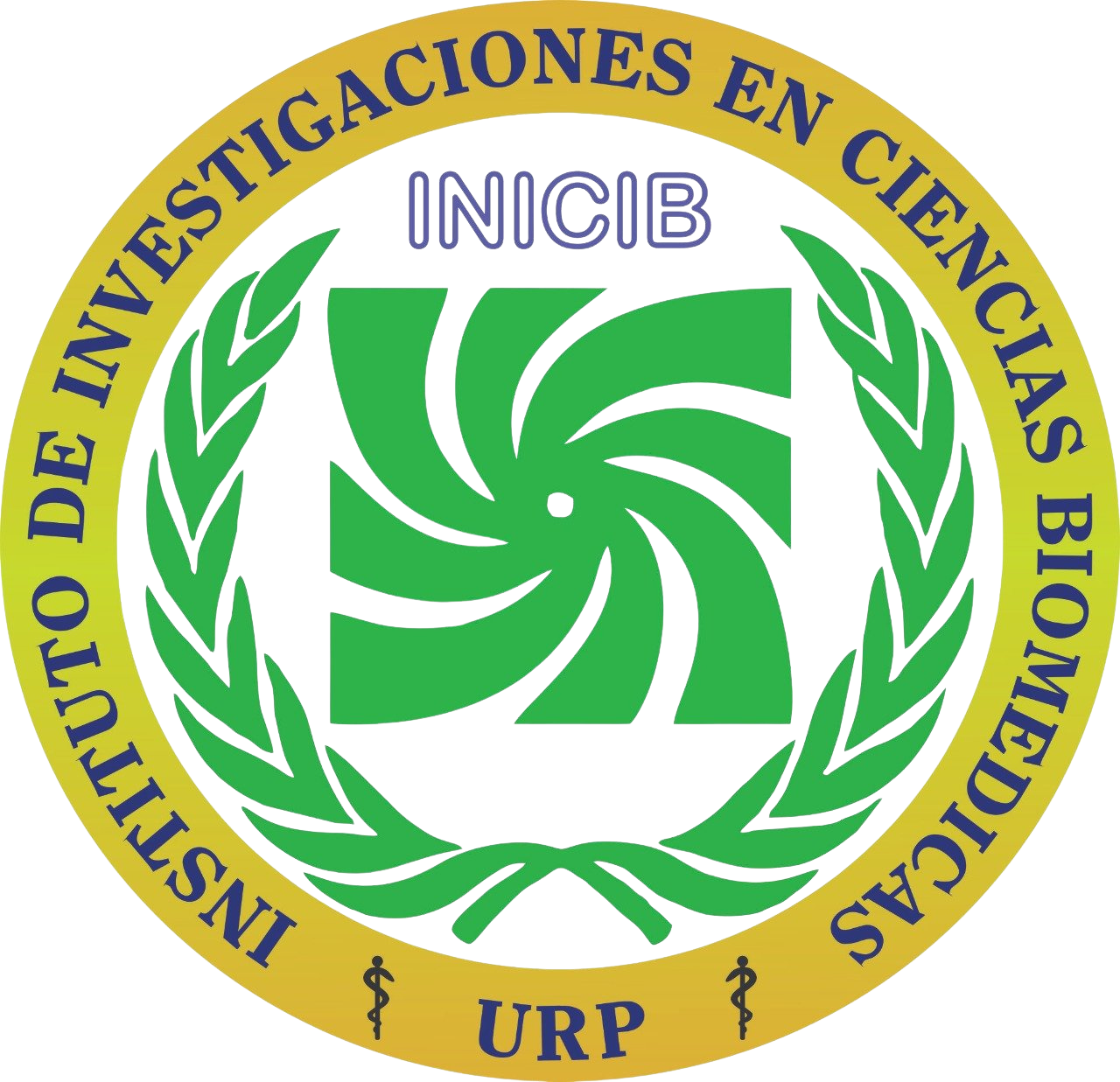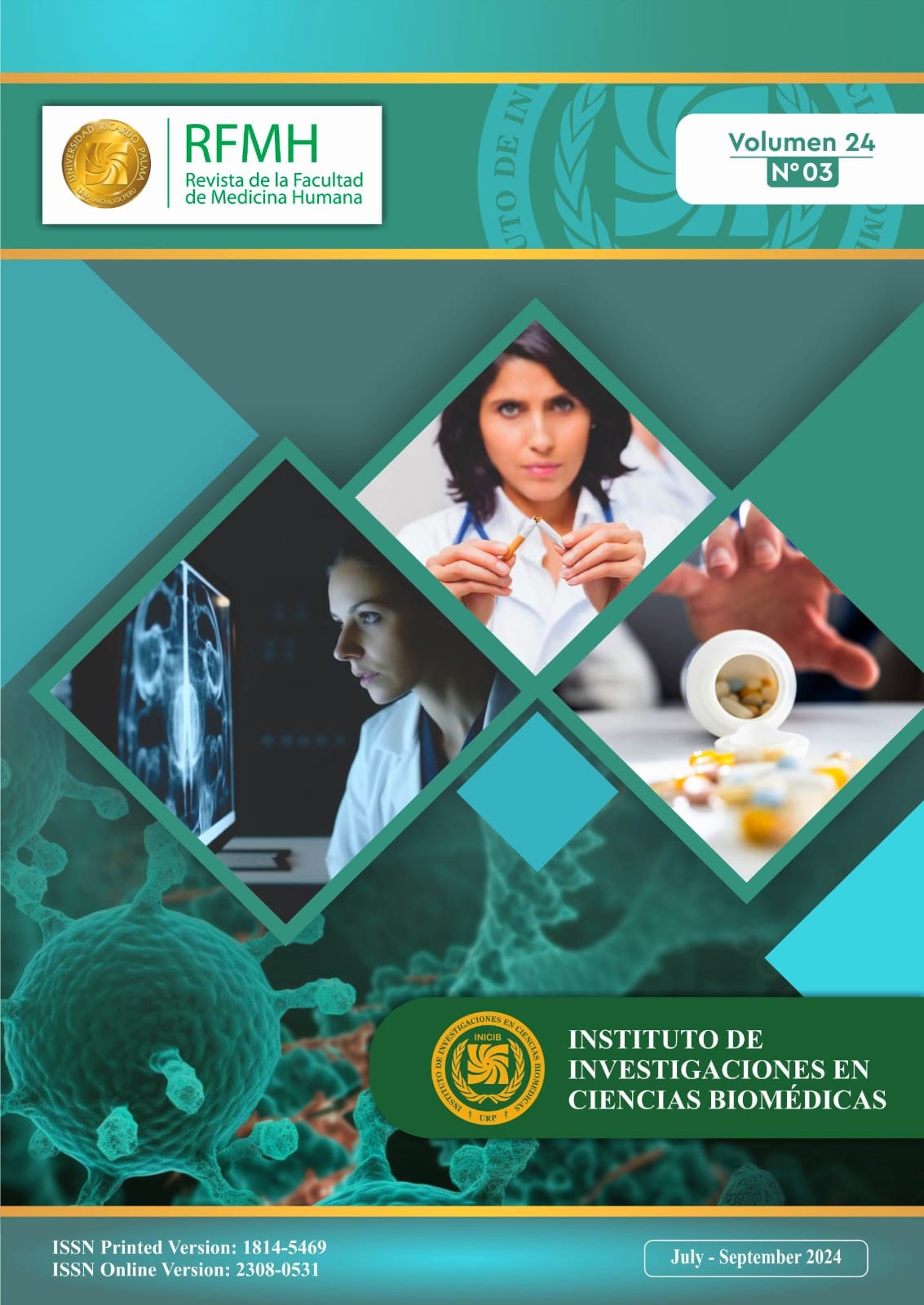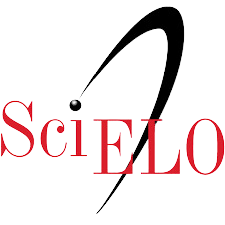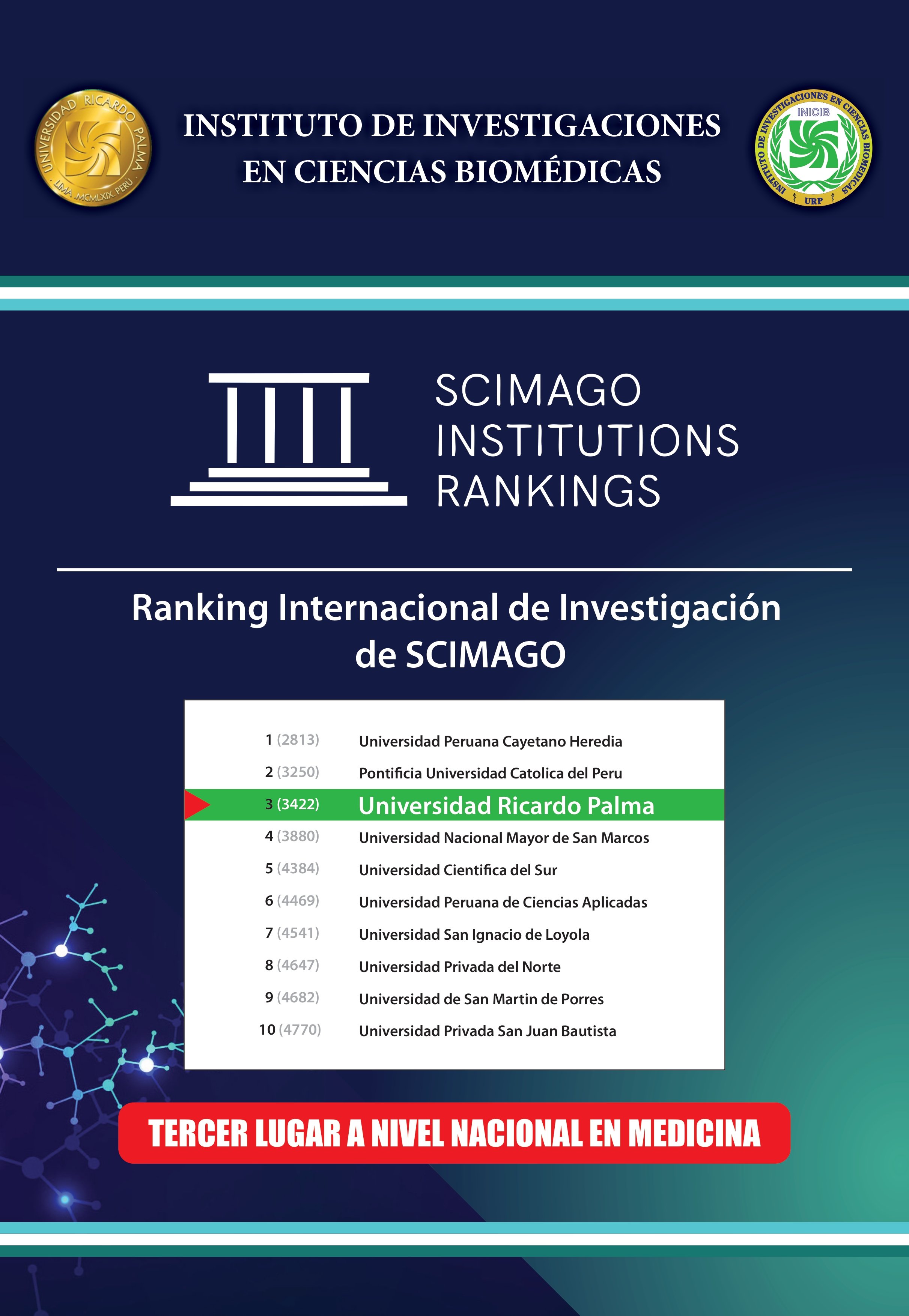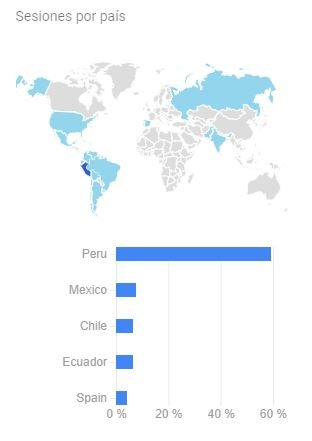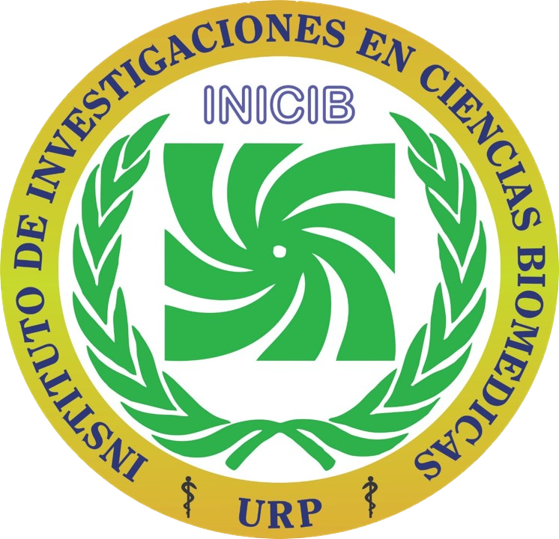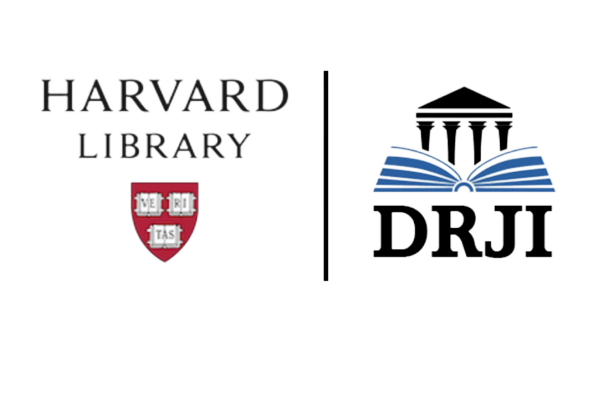Therapeutic dietary approach to children with autistic spectrum disorder
Abordaje dietético terapéutico de niños con trastorno del espectro autista
DOI:
https://doi.org/10.25176/RFMH.v22i4.4729Keywords:
Probiotics, Vitamin B, Vitamin C, Omega-3 Fatty Acids, Autism Spectrum DisorderAbstract
Autism spectrum disorder (ASD) is a neuropsychiatric disease, characterized by deficits in social communication, presence of restricted interests and repetitive behaviors. This review aims to address the different nutrients that can be included in the diet of patients with ASD in order to reduce the different signs and symptoms present in this disorder. Different bibliographic sources were reviewed, such as PubMed, MEDLINE, ScienceDirect, Embase, and SciELO, using the keywords "Probiotics", "Vitamin B", Vitamin C", "Gluten", “Omega-3" and “Autism Spectrum Disorder”. It was found that probiotics and gluten improve gastrointestinal symptoms and, in addition, like vitamins B6, B9, B12 and C, as well as omega 3, help improve neurobehavioral symptoms, language and social behavior of children with ASD.
Downloads

Downloads
Published
How to Cite
Issue
Section
License
Copyright (c) 1970 Revista de la Facultad de Medicina Humana

This work is licensed under a Creative Commons Attribution 4.0 International License.


